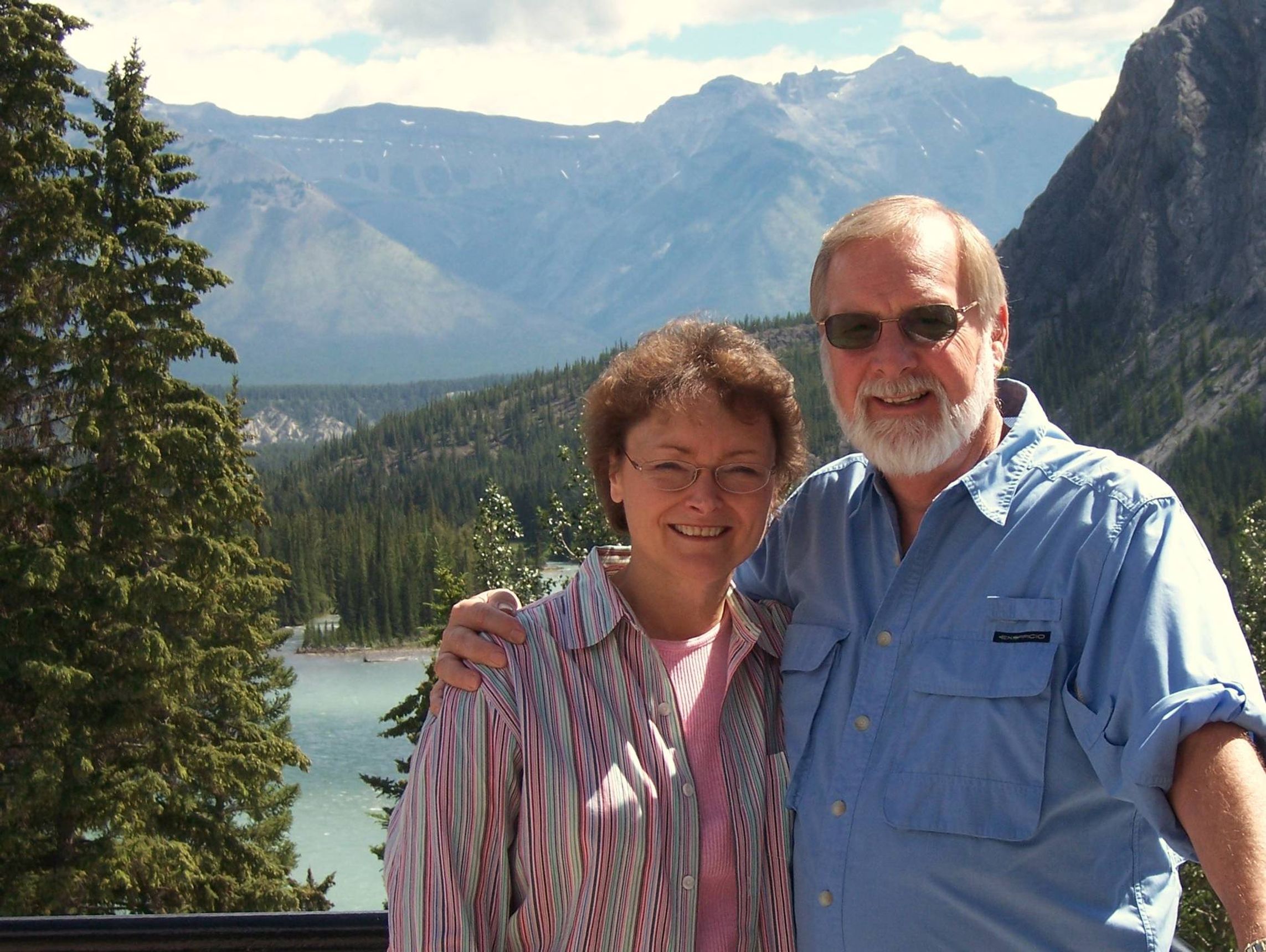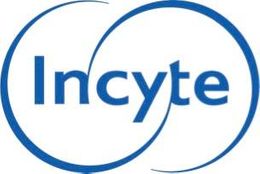Caring for a Loved One Living with a Rare, Chronic Blood Cancer
Navigating a new health journey side by side

Editor’s note: This content is sponsored by Incyte Corporation.
When David met Linda almost 30 years ago, he was instantly drawn to her selflessness and dedication to helping others. The two have been inseparable ever since, always moving as one in pursuit of their work and passions. (The couple prefers not to reveal their last names or location for privacy.)
"I've always believed in the sanctity of our wedding vows, especially the part about 'in sickness and in health,'" said David.
So when Linda's health took an unexpected turn, David knew without reservation that he would do anything to support and care for her.
When Linda began to feel extremely fatigued, weak and dizzy, David insisted she go to the doctor. Blood work results showed an extremely high blood count, and Linda was immediately referred to an oncologist who diagnosed her with polycythemia vera (PV), a rare, chronic blood cancer that is part of a group of blood cancers called myeloproliferative neoplasms (MPNs).[i],[ii] Almost all patients with PV have a mutation of the JAK2 (Janus kinase 2) gene, which results in the bone marrow producing too many red blood cells, causing the blood to thicken.[ii] PV can occur at any age, but it is more common in people over 60.[ii] It usually develops slowly, and some people with PV experience few to no symptoms for many years.[ii],[iii]
With this diagnosis, the couple embarked on a new health journey. But despite difficulties and hardships, they remained side by side. David became Linda's primary caregiver and health advocate, and educated himself about PV so he could help Linda make informed decisions about her health.
Then, Linda's PV took a terrifying turn and transformed into myelofibrosis (MF), another type of MPN in which scar tissue develops in the bone marrow.[iv] Upon learning of the new diagnosis, David took it upon himself to learn as much as he could about MF.
He drove Linda to every doctor's appointment and played an active role in asking questions and making health decisions alongside Linda. To allow Linda to focus on her own health and well-being, David also took on the household duties, including daily chores such as cooking and cleaning.
"I made a promise to her that I would do everything in my power to support her," said David. "The journey has not always been smooth — there have been some bumps in the road along the way, but we were always able to overcome them together."
This November, during National Family Caregivers Month, it is important to recognize and honor those like David who serve as primary caregivers to loved ones. While caring for someone can be challenging at times, the bond between a caregiver and patient is truly unique.
David's advice for caregivers:
- Become an expert in your loved one’s disease. Chronic diseases like MPNs can affect people differently so it is extremely important for you to educate yourself about your loved one’s disease and understand what they are going through. Before visiting the doctor, do your own research about specific concerns you might have for your loved one and have a list of questions prepared to discuss during the appointment. The more you understand about your loved one’s condition, the better you can care for them throughout their health journey.
- Channel your emotions into action. As a caregiver, it’s inevitable that your journey will be filled with ups and downs. Some days will be harder than others and it’s okay to experience a range of emotions. Channel your emotions into action. I find comfort in sharing my story and raising awareness about MPNs in hopes of helping others.
- Your physical and emotional well-being is equally as important as your loved one’s. As a caregiver, it is important to stay healthy so you can be strong for your loved one. Find a balance between caring for others and yourself, and don’t feel guilty if you need some time alone to focus on your own health. It is also acceptable to seek help and support from other caregivers – you are not alone.
To learn more about David and Linda's journey, and to access helpful tools and resources on MPNs, visit Voices Of MPN.
The content presented in this article is not medical advice and should not replace a conversation with your Healthcare Professional, who is the best source of medical information about your individual diagnosis and management plan.
© 2020, Incyte Corporation. All trademarks are the property of their respective owners. MAT-HEM-01919 11/20
[i] Understanding MPNs. MPN Research Foundation. http://www.mpnresearchfoundation.org/Understanding-MPNs. Accessed August 2020.
[ii] Polycythemia Vera Facts. Leukemia & Lymphoma Society. https://www.lls.org/sites/default/files/file_assets/FS13_PolycythemiaVera_FactSheet.pdf. Accessed October 2020.
[iii] Polycythemia vera. Mayo Clinic. https://www.mayoclinic.org/diseases-conditions/polycythemia-vera/symptoms-causes/syc-20355850. Published January 23, 2020. Accessed October 2020.
[iv] Myelofibrosis Facts. Leukemia & Lymphoma Society. https://www.lls.org/sites/default/files/file_assets/FS14_Myelofibrosis_Fact%20Sheet_Final9.12.pdf. Accessed October 2020.

Incyte is a Wilmington, Delaware-based, global biopharmaceutical company focused on finding solutions for serious unmet medical needs through the discovery, development and commercialization of proprietary therapeutics. For additional information on Incyte, please visit Incyte.com and follow @Incyte.

